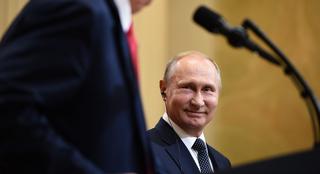
Vladimir Putin achieved his goal of embarrassing the United States. But Russians are already bracing for the backlash.
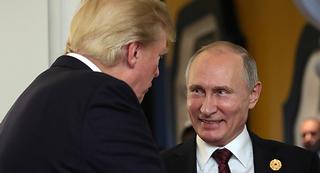
Any agreement that results in rapprochement with the West may provide some economic growth from sanctions relief, but it may also shift balance of power within the Russian political establishment from the powerful hawks to the system’s liberals.
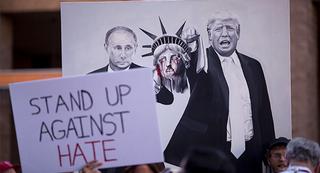
As Trump prepares to meet Vladimir Putin, there is no sign that he has absorbed the lessons of multiple rounds of Western sanctions against Russia since 2014.
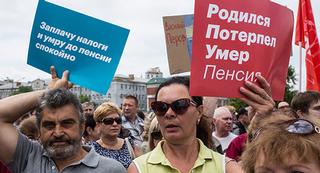
Opposition forces are competing for the spotlight in Russia.
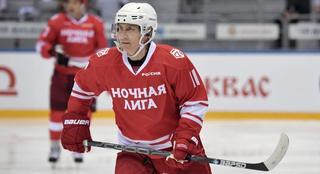
The tradition of sport acting as a kind of hybrid war has seamlessly continued in Russia into the post-Soviet period. It is victory at any cost, because victory has political significance. It’s soft power, the face of the country, the image of an invincible nation ruled by a wise leader.
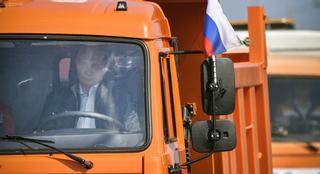
The Kerch Bridge is the conclusion of Crimea’s incorporation into Russia, both physically and politically. Any haggling over on what terms Russia might return Crimea to Ukraine is now definitively null and void.
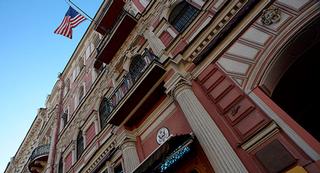
While the proxy war in Syria does hold the potential for a clash between U.S. and Russian forces, it is only one of several theaters in which a larger conflict between the two countries is playing out.
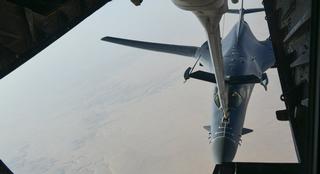
The One World of Pax Americana that has existed since the end of the Cold War is already history. US global dominance is still in place, but the peace has been shattered again. The new era is not a replay of the 20th century contest. It may be equally dangerous, but in its own way.
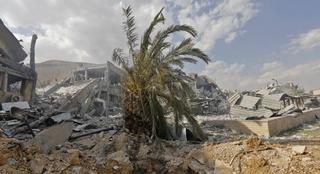
Policymakers need to learn from their military subordinates: They should keep their heads cool and think of the consequences of their actions, both intended and unintended.
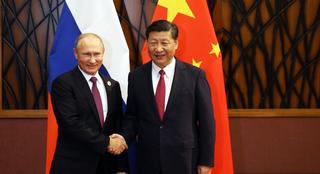
China and Russia have been cooperating closely over the past three decades. But since the Ukraine crisis, the process has become more dynamic. Moscow and Beijing are now coordinating their policies on a wider range of issues.
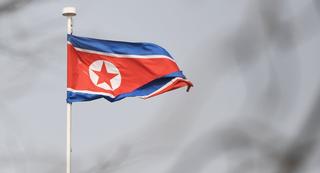
With US-Russian relations already confrontational and Sino-US relations becoming visibly more tense, the context for major power interaction on the North Korean nuclear issue has substantially changed from what it was only five years ago.
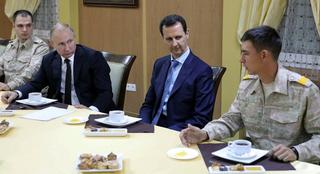
Carnegie Moscow Center’s Director Dmitri Trenin and Rethinking Russia discussed his new book “What Is Russia Up To in the Middle East?”, Moscow’s role and place in the region, the future of Syria and the Islamic State as well as Russia’s Syria collaboration with Saudi Arabia, Turkey and the U.S.
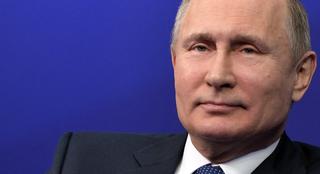
Russia seeks to exploit divisions in the West. But how big is the threat?
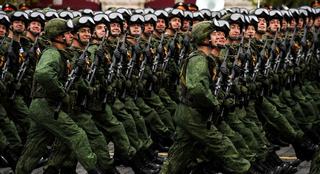
Today, Moscow militates against the global order dominated by a single power – the United States of America.
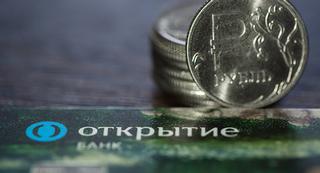
Russian banking system needs a supervisory authority independent of the central bank. Retail banks should be prohibited from investing in non-liquid assets, while the liquid securities market should be saved for investors
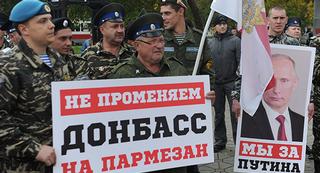
The establishment of independent Ukrainian and Belarusian statehood facilitates the development of Russia’s own national project, which is oriented towards the future, rather than towards the restoration of the past. Its key foreign policy feature is real sovereignty and the freedom of geopolitical maneuvering.
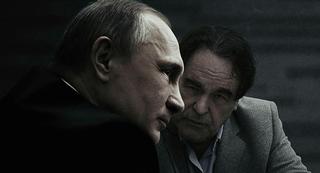
As it aspires to join the elite world club of equal sovereigns, Russia cannot but notice an important fact that no such club actually exists. The simple reason is that the club’s membership is conditioned on mutual transparency and permeability of sovereignties and correlation of sovereign actions with the values understood as the red lines in what one says and does.
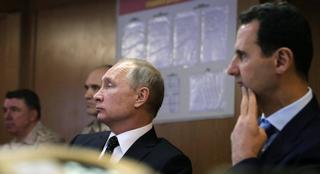
Russia realizes that with the war waning and reconstruction looming, others will begin to step forward in Syria, including China, Europe, and Japan. Moscow will seek to partner with them to secure a piece of the lucrative reconstruction effort.
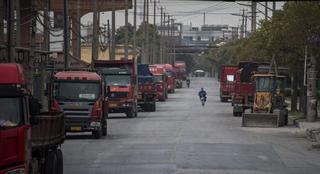
Setting aside the shortcomings of the Belt and Road concept, the “OBOR hype’ around the world points to a real and fundamental trend — the ascent of China as a truly global economic and military power.
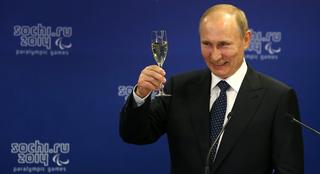
The ban on Russia taking part in the 2018 Winter Olympics is a gift to Russian President Vladimir Putin. For Putin, this is perfect fuel for the besieged fortress concept, which is one of the mainstays of his personal legitimacy and popularity.